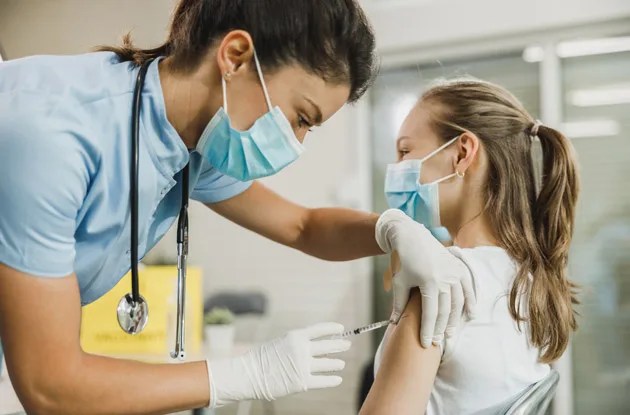With the approach of a brand new school year, it’s time for fresh starts and new conquests for children. With a long year of hard work ahead, young students look forward to extracurriculars activity, like team sports.
But parents should be aware that sports injuries are one of the leading causes of Traumatic Brain Injuries (TBIs) in children.
According to the Brain Injury Association of America, there are approximately 5.3 million Americans living with a disability caused by TBIs. And the Centers for Disease Control and Prevention says that, in the United States, sports-related concussions have reached epidemic levels. Of great concern are the numbers of young athletes who sustain mild head injuries — and don’t seek medical attention.
“TBIs are one of the most common conditions I see as a neurosurgeon,” says Dr. Brian Beyerl of Atlantic Neurosurgical Specialists. “Taking very simple precautions, such as wearing the proper protective gear, can help increase a child’s safety.”
Dr. Beyerl suggests several additional preventive measures:
Make sure coaches are teaching the proper technique. Check playing equipment routinely for wear and tear. In contact sports, wear a protective mouth guard (must cover all teeth). The mouth guard can act as a shock absorber, if hit in an upward motion. In sports conditioning, pay close attention to neck muscles. When these muscles are strengthened by sports activities, it can increase the amount of force required to cause injury, i.e. concussion. Appropriate protective gear must be worn to protect the head and neck.
Recognizing the Symptoms of TBIs: · Any clear fluid or blood coming from the ears or nose · Swelling of the scalp · Severe headaches · Vomiting occurs three or more times · Blurred vision and/or inability to balance properly · Incapable of responding to others, semi-comatose state · Paralysis or difficulty in moving body parts · Body numbness or tingling sensation · Ringing in the ears, changes in hearing quality
Getting Back to the Game “When dealing with a TBI, it is very important to take the necessary precautions that the injury is fully healed before returning to play,” states fellow ANS neurosurgeon, Johnathan Baskin, M.D. “There should be an open line of communication between the physician, athletic trainer, parent and injured person, so the athlete doesn’t risk further injury. Even if the patient is feeling 100 percent recovered, it is recommended he pass the appropriate physical before jumping back into the game.”





















